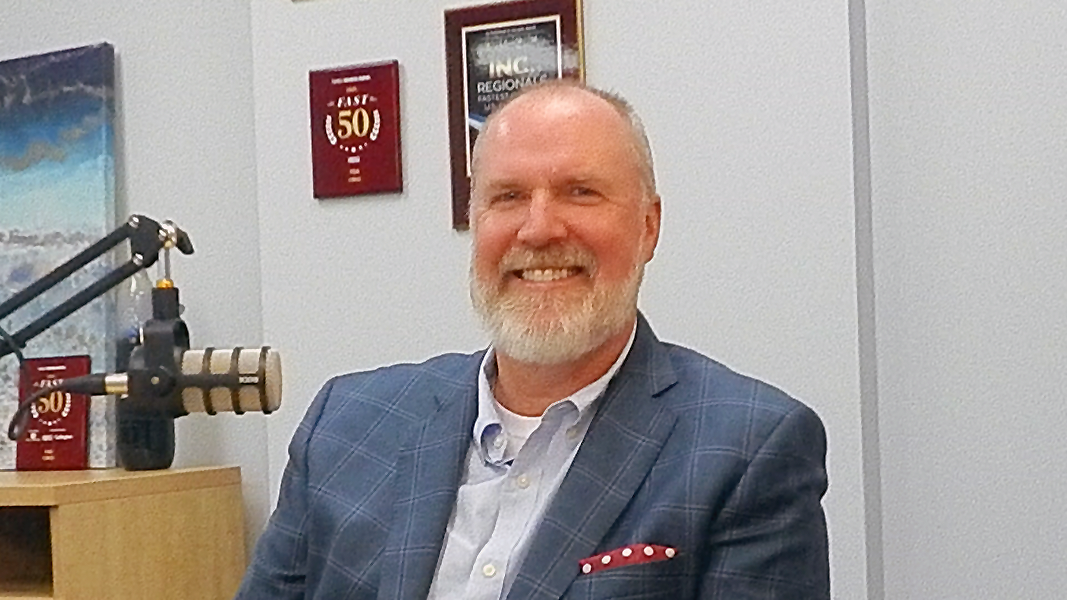One of the things I love most about working at CREO is meeting with life sciences and healthcare industry leaders to understand the forces shaping our ecosystem. Recently, I had the opportunity to sit down with Dr. Chad Briscoe, a leading expert in bioanalytical labs, to discuss how these organizations are contributing to the ongoing research and development of precision therapies.
In his role as the head of bioanalytical services for Celerion, Chad sees firsthand how both the science and technology behind these medical advancements are progressing. But the road ahead is not simple. I recently wrote about how clinical and bioanalytical labs are experiencing exceptional growth, but that this growth also requires scaling up service coverage, lab productivity, and information technology investments to meet the rising demand . In the interview below, Chad was able to shed some additional light on why and how bioanalytical labs are expanding to meet the growing demand for bioanalysis in clinical research.
Innovation Velocity
One of the more salient points that Chad highlighted during our discussion relates to the pace of innovation. It is interesting to see the persistent flow of news stories that showcase how our capabilities in this space are advancing. For example, scientists have recently traced the role of the CRISPR-Cas9 system through 2.6 billion years of evolution, unlocking new opportunities for gene editing innovations. Similarly, our growing understanding of biomarkers has resulted in the discovery of blood-based biomarker for Alzheimer’s disease that may help diagnose the disease years before symptom onset.
There has never been a better time to be working in this field. And Chad’s genuine passion and optimism about the future of these medical innovations is clear. As he points out, we are fortunate to live in an age where cures — not just treatments of symptoms — for many of the world’s most burdensome diseases are on the horizon.
 Jason Burke | February 17, 2023
Jason Burke | February 17, 2023

